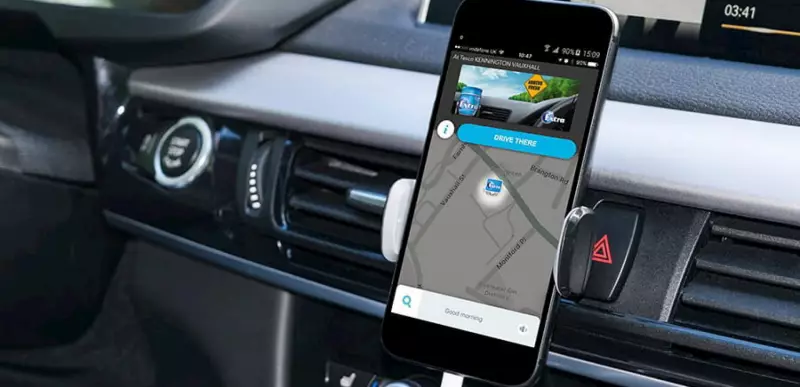
In a significant shift in transportation preferences, a staggering 81% of Nigerians now consider ride-hailing services as their safest mobility option, according to recent market research. This overwhelming majority highlights the growing trust in digital transportation platforms across the country.
The Safety Factor Driving Adoption
The comprehensive study reveals that safety concerns have become the primary catalyst for the massive migration from conventional transportation methods to app-based services. Nigerian commuters increasingly value the security features embedded in platforms like Uber and Bolt, including driver verification, trip tracking, and emergency assistance capabilities.
Beyond Convenience: A Security Lifeline
While convenience initially propelled the ride-hailing phenomenon, security has emerged as the dominant factor sustaining its growth. Female passengers particularly emphasized the enhanced sense of security when using registered ride-hailing services compared to traditional taxis or public transportation.
Key Benefits Nigerian Commuters Celebrate
- Real-time trip monitoring by trusted contacts
- Verified driver profiles and vehicle information
- Digital payment systems reducing cash-related risks
- Consistent service quality across different locations
- 24/7 availability in major urban centers
Urban Mobility Transformation
The research indicates that metropolitan areas like Lagos, Abuja, and Port Harcourt have witnessed the most dramatic transformation in commuting patterns. The integration of technology into daily transportation needs has fundamentally altered how Nigerians move around cities, with ride-hailing becoming embedded in urban lifestyle.
Economic Impact and Employment
Beyond passenger benefits, the ride-hailing boom has created substantial economic opportunities. Thousands of Nigerians have found sustainable employment as driver-partners, contributing to the nation's gig economy while providing essential mobility services.
The research concludes that the ride-hailing sector's growth trajectory shows no signs of slowing, with continued innovation in safety features and service expansion expected to further cement its position in Nigeria's transportation ecosystem.






